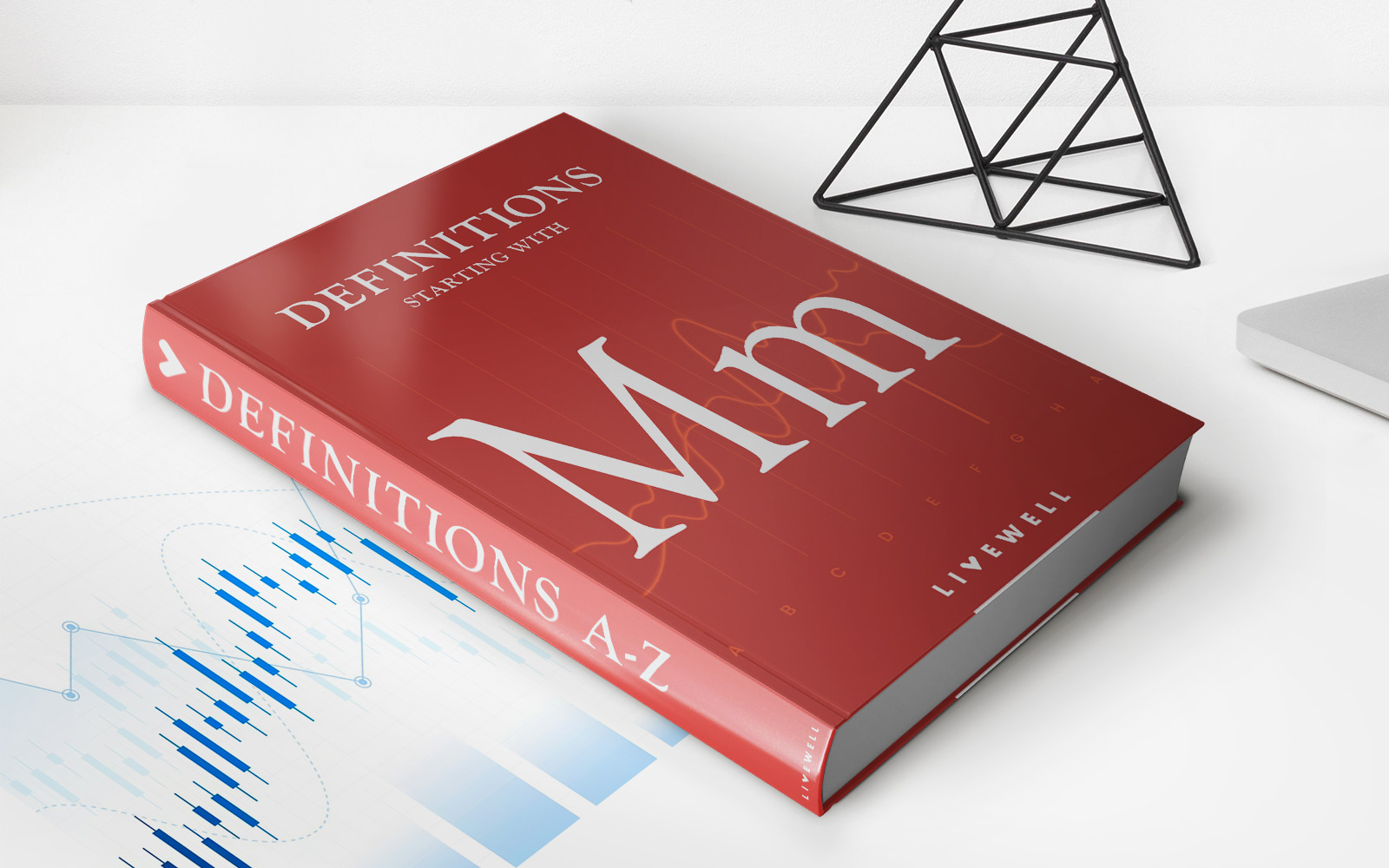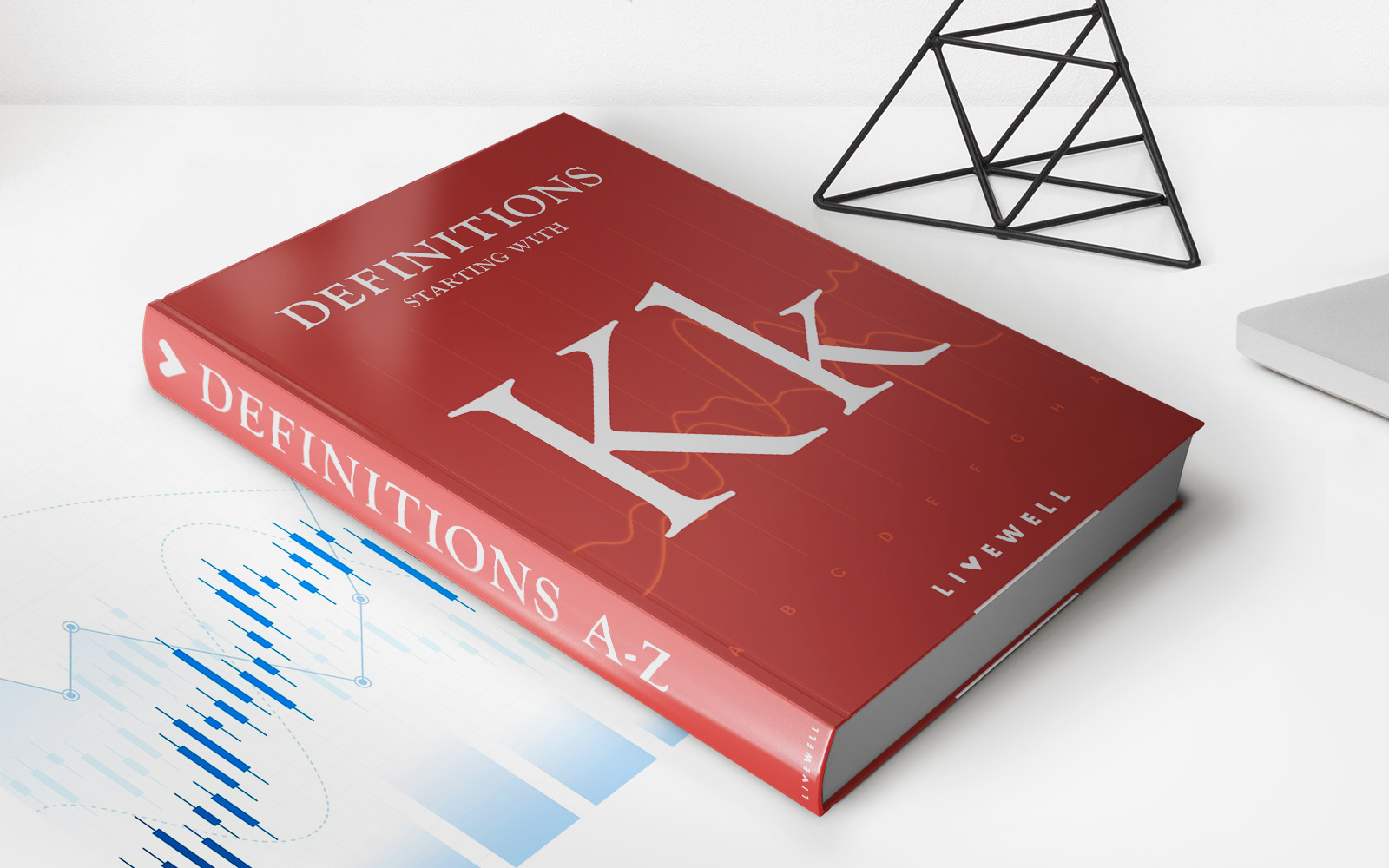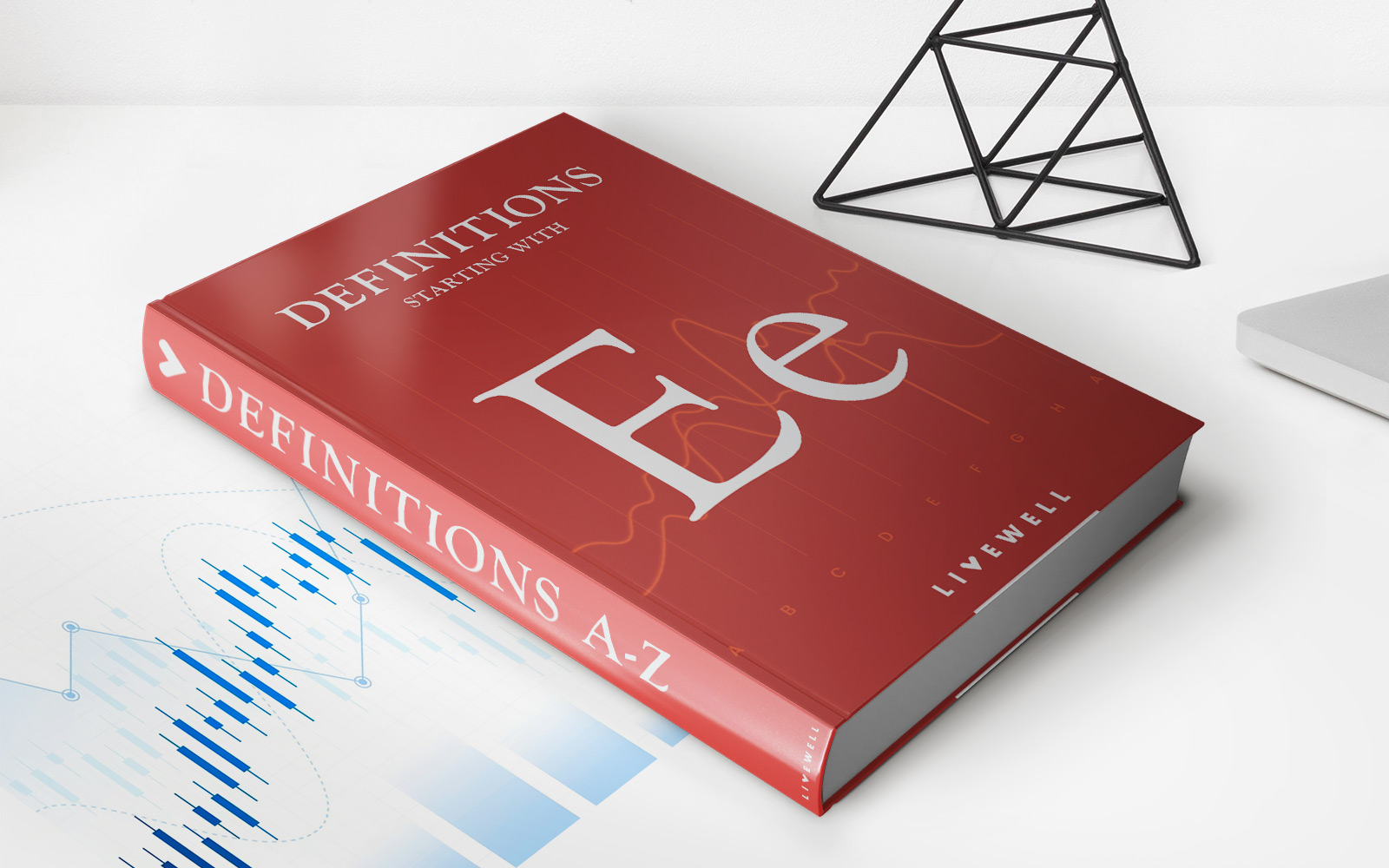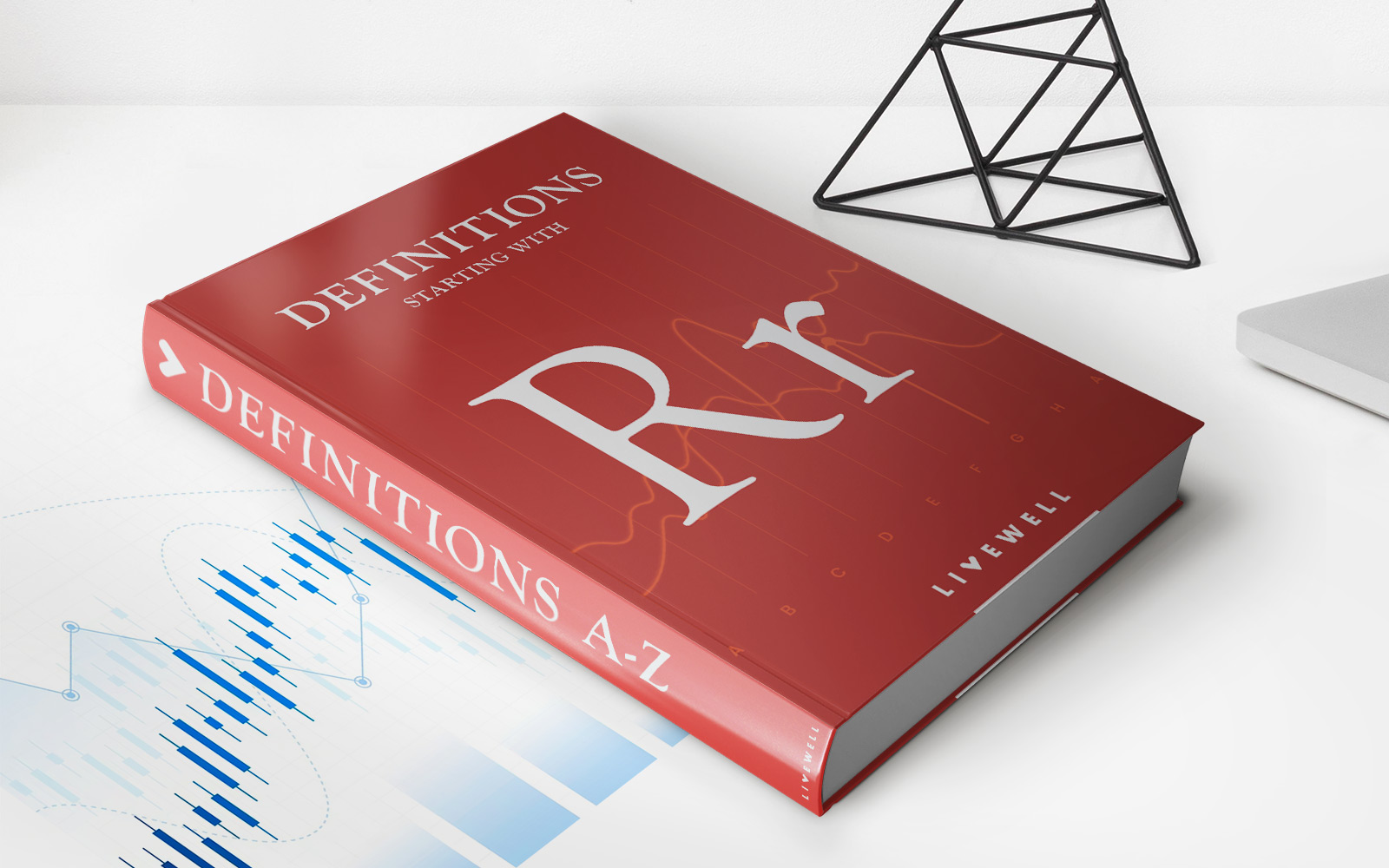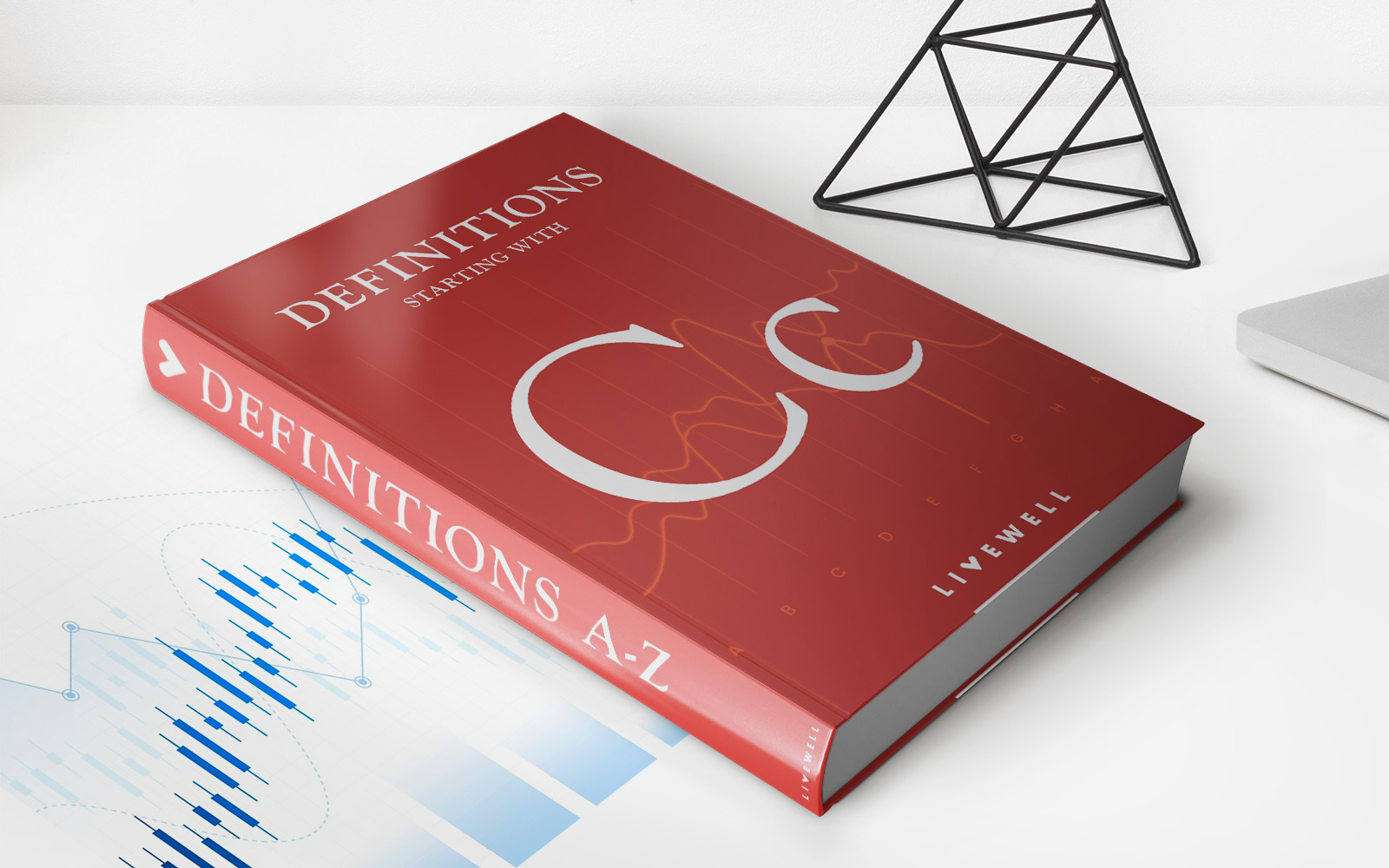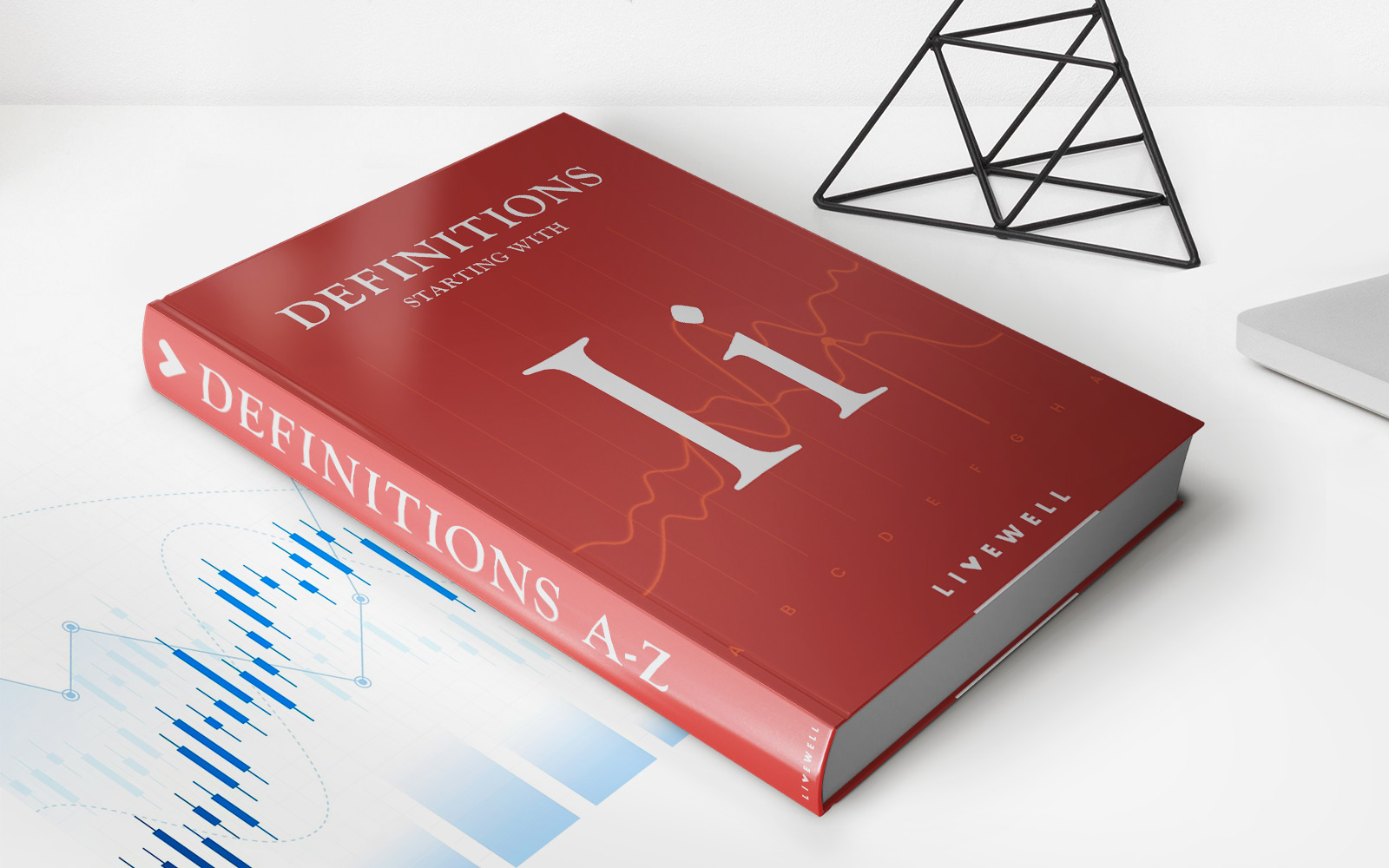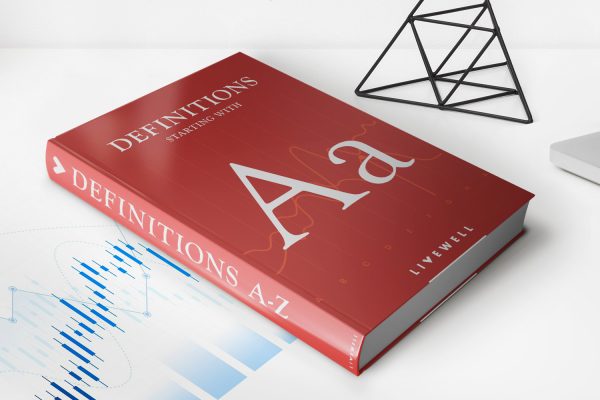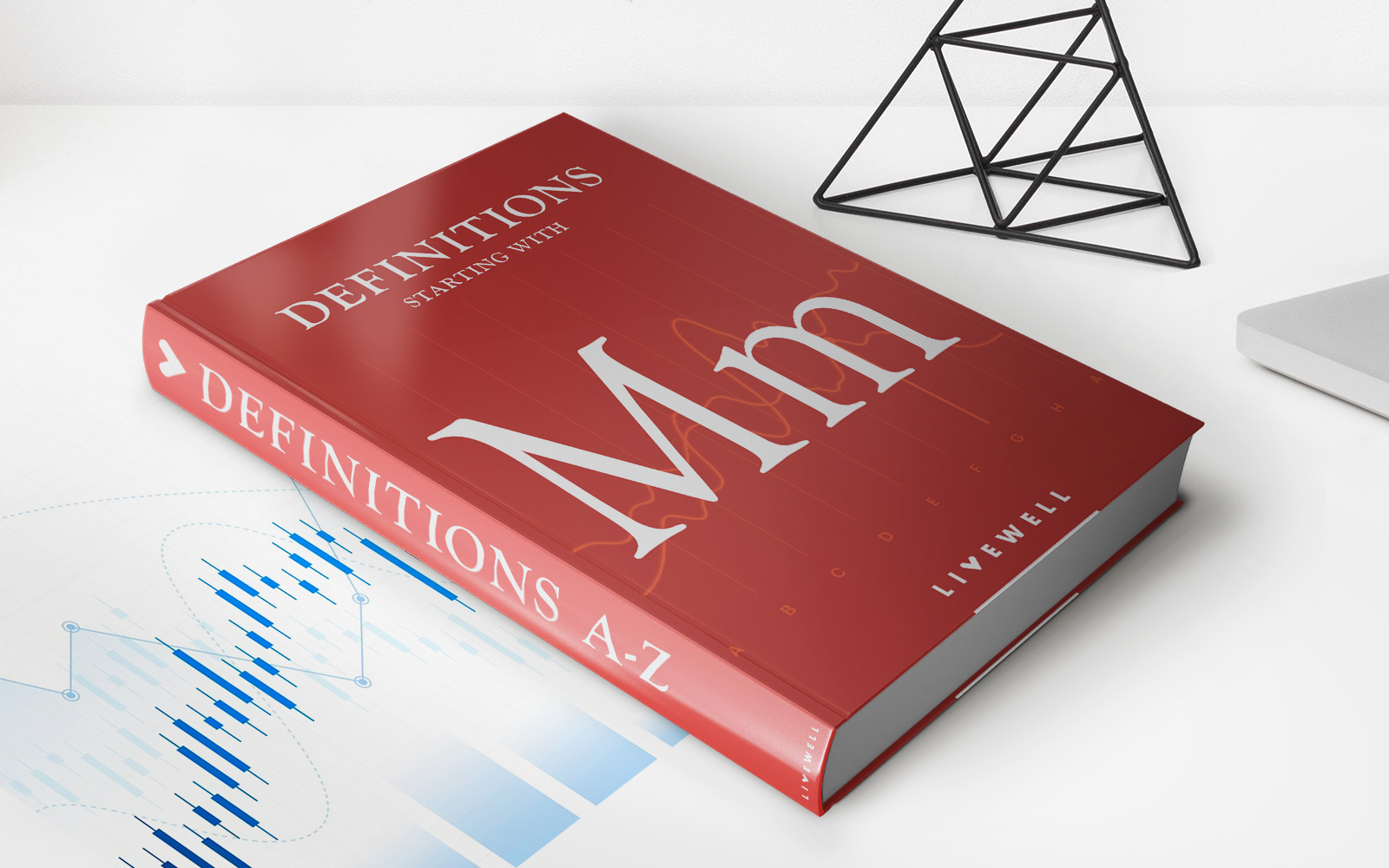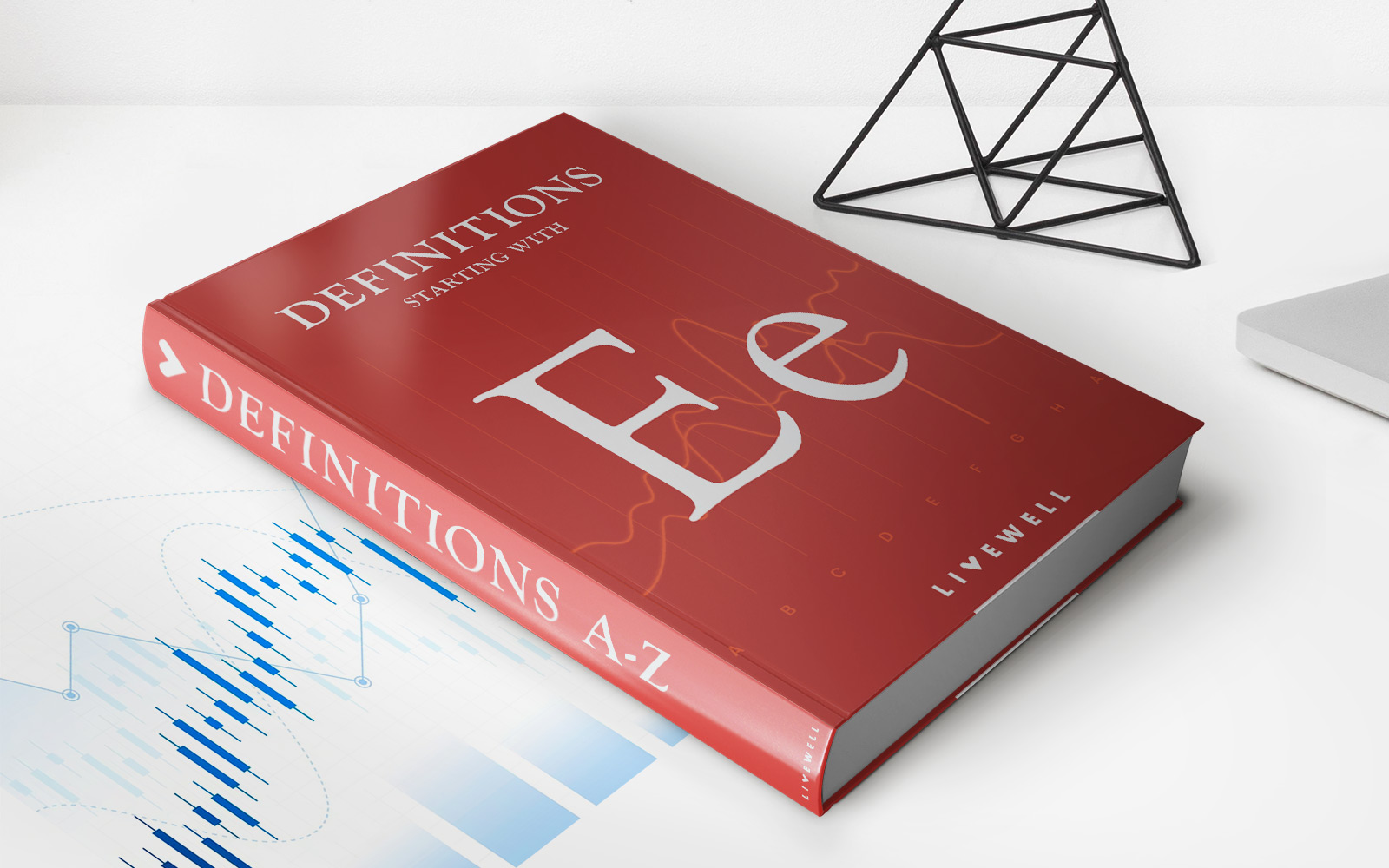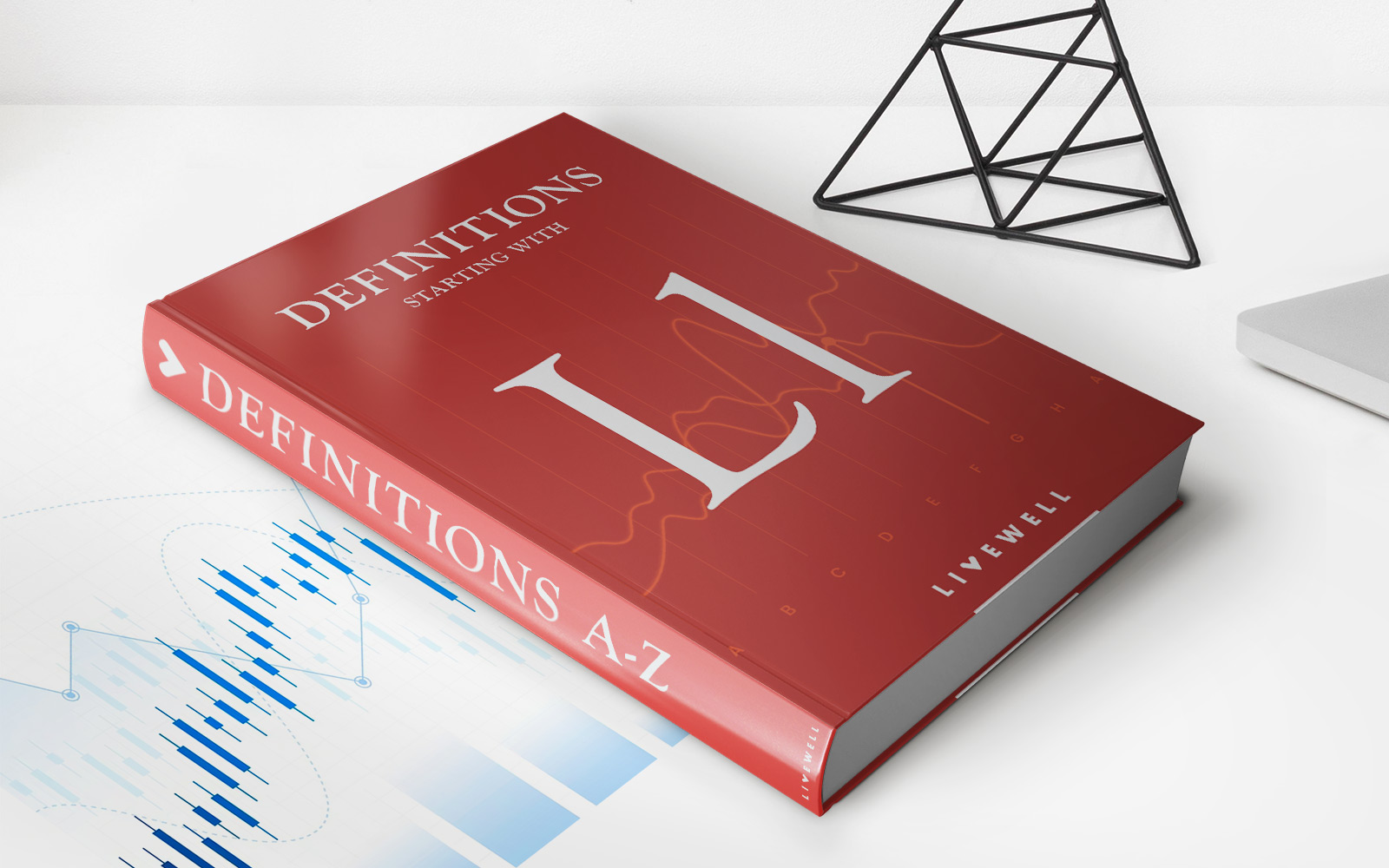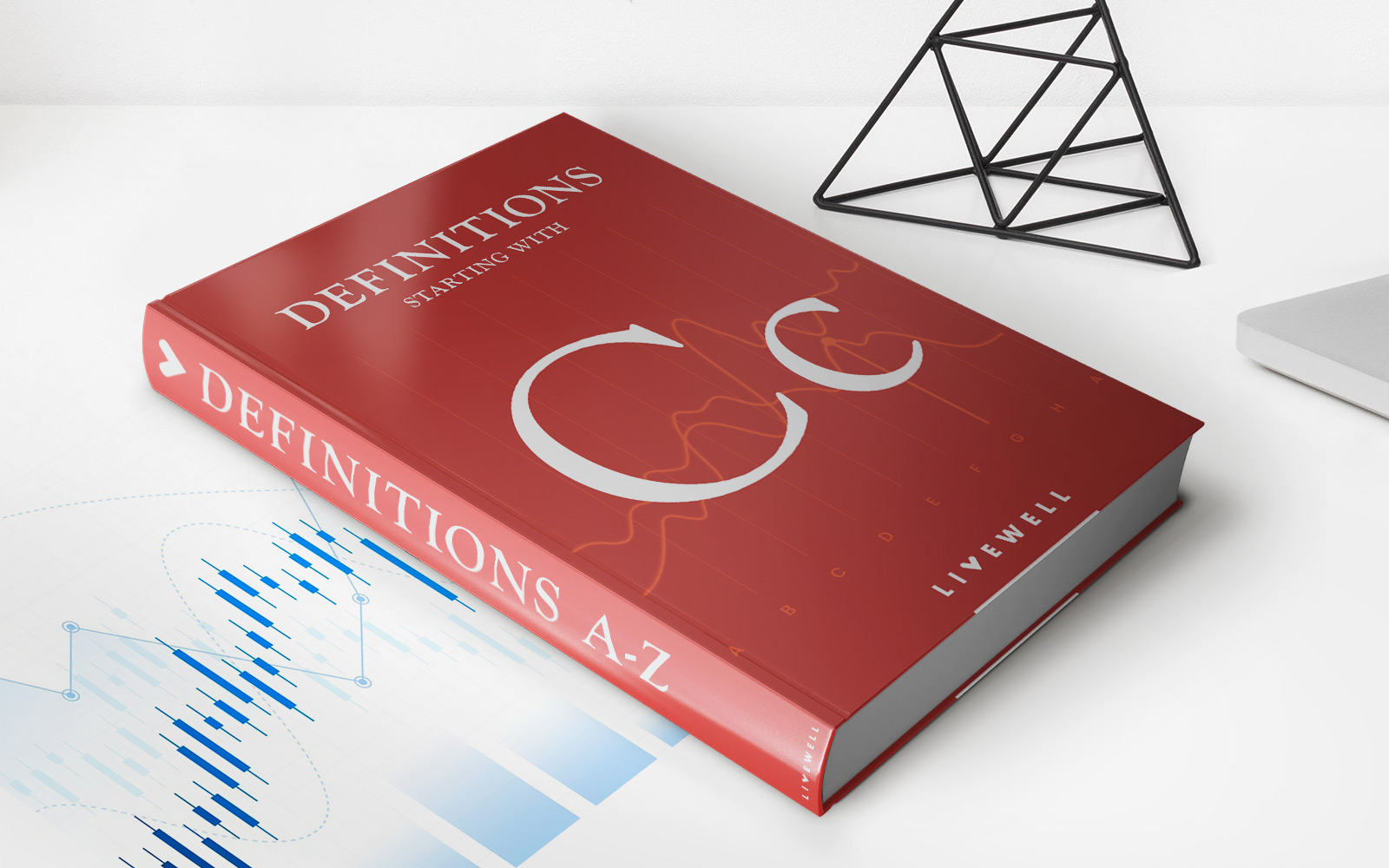Home>Finance>Open House: Definition, How It Works, Advantages & Disadvantages
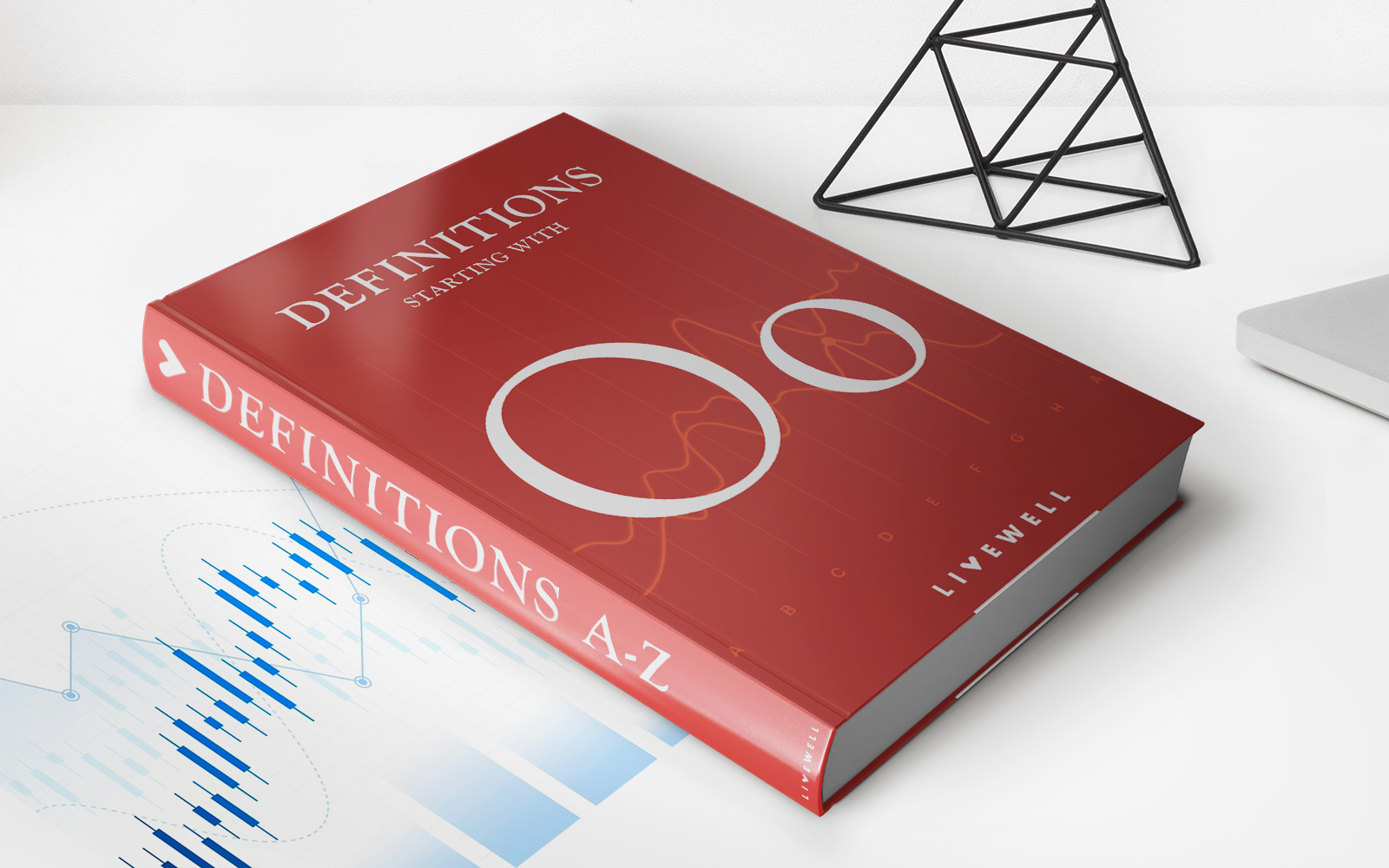

Finance
Open House: Definition, How It Works, Advantages & Disadvantages
Published: January 3, 2024
Learn about open house in finance and discover its definition, how it works, advantages, and disadvantages. Enhance your knowledge in the world of finance today.
(Many of the links in this article redirect to a specific reviewed product. Your purchase of these products through affiliate links helps to generate commission for LiveWell, at no extra cost. Learn more)
Open House: Definition, How It Works, Advantages & Disadvantages
Are you thinking about buying or selling a property? Then you have likely come across the term “open house.” But what exactly is an open house? How does it work, and what are the advantages and disadvantages associated with it? In this blog post, we will dive into the world of open houses to help you make an informed decision. So, let’s get started!
Key Takeaways:
- An open house is an event where a property is showcased to potential buyers, allowing them to explore the space during a set period of time.
- Open houses provide an opportunity for buyers to get a feel for the property and ask questions directly to the seller or their real estate agent.
Definition
An open house is an event held by the sellers or their real estate agent to give potential buyers an opportunity to view the property. It typically takes place during a specific timeframe, often on weekends, allowing interested individuals to drop by and explore the house at their own pace.
How It Works
During an open house, the property is staged to showcase its best features, creating an inviting environment for potential buyers. Attendees are free to roam through the house, inspect the rooms, and envision themselves living there. The sellers or their agent are usually present to answer any questions and provide additional information about the property, surrounding neighborhood, and the home buying process.
Open houses are often advertised through various channels, such as online listings, yard signs, and local newspapers. Interested buyers can simply show up at the specified time to tour the property, eliminating the need for individual appointments or scheduling conflicts.
Advantages
Open houses offer several advantages for both buyers and sellers:
- Convenience: Open houses provide a convenient opportunity for potential buyers to view the property without the need for scheduling individual appointments. This flexibility can be especially beneficial for those with limited availability or those who prefer a more casual approach to house hunting.
- Exploration: Attending an open house allows buyers to explore the property at their own pace. They can take their time to examine the layout, the condition of the house, and envision how it would fit their lifestyle.
- Direct Interaction: Open houses enable buyers to directly interact with the sellers or their real estate agent, giving them a chance to ask questions and gather more detailed information about the property. This personal interaction can help buyers make a more informed decision.
Disadvantages
While open houses have their benefits, they also come with a few downsides:
- Lack of Privacy: Open houses are public events, which means that anyone can attend. Some sellers may feel uncomfortable with the idea of strangers walking through their home, especially if they have valuable or personal belongings.
- Competition: Open houses can attract a large number of potential buyers. This increased competition may lead to a sense of urgency among buyers, potentially driving up the price or creating a bidding war.
- Impersonal Experience: Unlike individual showings, attending an open house means sharing the space with other interested buyers. This can make it challenging for potential buyers to truly envision themselves living in the property.
Ultimately, whether or not to hold an open house is a decision that should be made based on the specific circumstances of the property and the preferences of the seller. Consulting with a real estate professional can help you determine if an open house is the right strategy for your situation.
We hope this blog post has shed some light on the definition, workings, advantages, and disadvantages of open houses. Whether you are buying or selling a property, understanding the role of open houses can help you navigate the real estate market more confidently. Good luck with your property journey!
